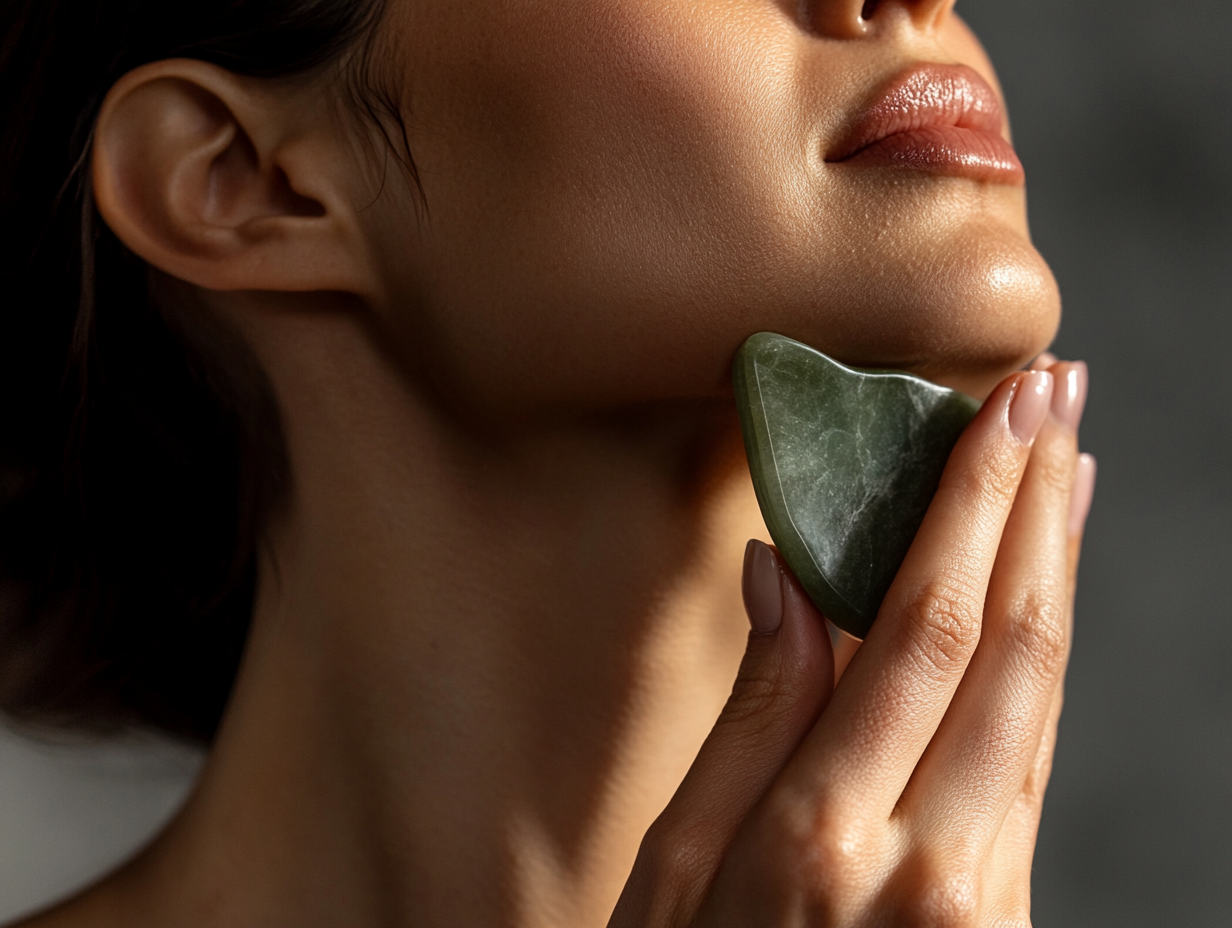EVERYTHING YOU WANTED TO KNOW ABOUT RETINOL
Published: 06.02.2022
Unless you’ve been living under a rock (or have managed to avoid the internet for the past few decades) you have probably heard about retinol. If you’re anything like most of us, you know that retinol is considered the holy grail for maintaining the youth and health of your skin (I refuse to use the term anti-aging, even though I just did by typing that).
But, do you really know what retinol is and how it works?
I’ll kick off this article by sharing exactly what retinol is, how it works, and then get into the benefits of the plant-based alternatives.

What is retinol?
Simply stated, retinol is a fat soluble form of vitamin A. More technically speaking it’s a type of retinoid, derived from vitamin A, which is converted into retinoic acid. Retinoids are antioxidants that are clinically proven to increase the rate of skin cell turnover, stimulate real collagen production, as well as treat and fight acne.
How does retinol work?
Now we know that retinol, a derivative of vitamin A, is well studied and touted for effectively slowing the aging process, let’s dive into just how it works.
Pardon me while I get a bit sciency for a minute.
Since retinol is fat soluble, it is able to penetrate the outermost layer of the epidermis, known as the stratum corneum. When retinol reaches a keratinocyte (the most prominent cell within the epidermis), it binds to an appropriate receptor and begins to stimulate the cellular activity of keratinocytes.
This cellular activity includes promoting cellular proliferation (speeding up cellular turnover), strengthening skin barrier, reducing TEWL (transepidermal water loss), protecting against collagen degradation as well as inhibiting matrix metalloproteinases (aka the enzymes that the play a role in the production of fine lines and wrinkles) and, thank our lucky stars, strengthens elasticity.
In layman's terms, retinol works within the cell of the epidermis to keep your skin as young and healthy as possible.
So, yeah, to say that retinol is one skincare product that everyone needs is not an understatement. It seems like a miracle ingredient, right? The problem is certain ultra potent forms of retinol can do more harm than good.

The downsides of synthetic retinol
The primary problem with synthetic retinol is that it makes your skin incredibly sensitive to sunlight. Sun damage, combined with retinol burn, is a recipe for redness, discoloration, inflammation, and ironically, premature or increased aging.
Overly potent retinol can cause peeling, redness, severe skin irritation, and excessive dryness. Too high of a concentration or too frequent use of synthetic retinol can compromise the skin barrier. Additionally, some dermatologists suggest prolonged use of synthetic retinol can be linked to skin thinning - though there are no studies to prove this.
All in all, retinol works, but if you’re choosing to use a synthetic form, it’s important to know the risks.
What is phyto retinol?
To dig a little deeper, the retinol found in plant sources like rosehip and carrot oil is produced a little differently; the nutrients within the plants are antioxidants known as carotenoids or provitamin A which your body converts into vitamin A (retinol).
Whereas other phyto-retinol sources, such as cacay nut, contain a direct form of vitamin A, which enzymes in your skin convert into retinaldehyde and then into retinoic acid.
Like synthetic retinol, regardless of how the retinoic acid is produced within your body, phyto retinols like Fountain Phyto Retinol Serum work through the same keratinocyte growth factor receptors to speed up cell turnover, stimulate collagen production, reduce fine lines and wrinkles, and increase skin firmness by strengthening elasticity.
The benefit of phyto retinol over synthetic is that it doesn’t come with the above risks; it won’t cause your skin to dry out or peel, and is less likely to cause irritation and photosensitivity (make you sensitive to sunlight). Plus, phyto retinols like Fountain contain ingredients that also strengthen your skin barrier, rather than weaken it.
That said, let’s get to the good part and review the stunning (yes, pun intended) benefits of retinol for your skin.

The benefits of retinol
But the benefits don’t end there; retinol can also help heal acne and smooth skin texture, and has been shown to stimulate the production of new blood vessels in the skin, which can have a brightening effect and improve skin tone.

All in all, retinol is an absolute powerhouse active that is a non-negotiable in any skincare routine.
If you’re looking for an effective retinol to add into your routine, we recommend Fountain Phyto Retinol, for its ultra high vitamin A content, but also because it contains natural occurring AHA from hibiscus and a clinically proven white lupin extract that makes it one of the absolute best phyto retinols on the market.





